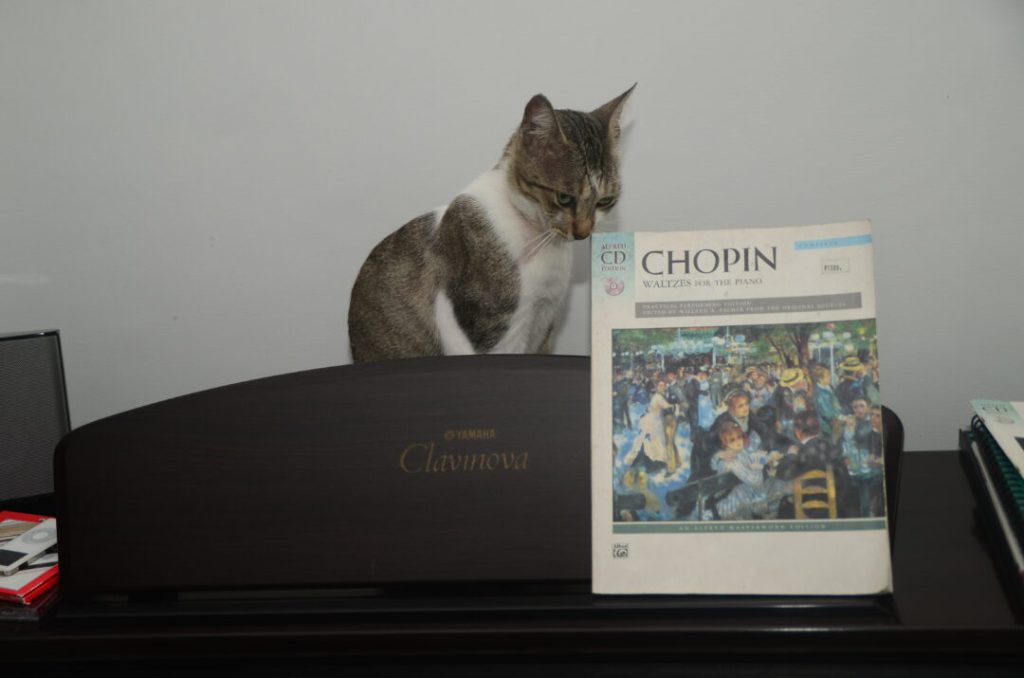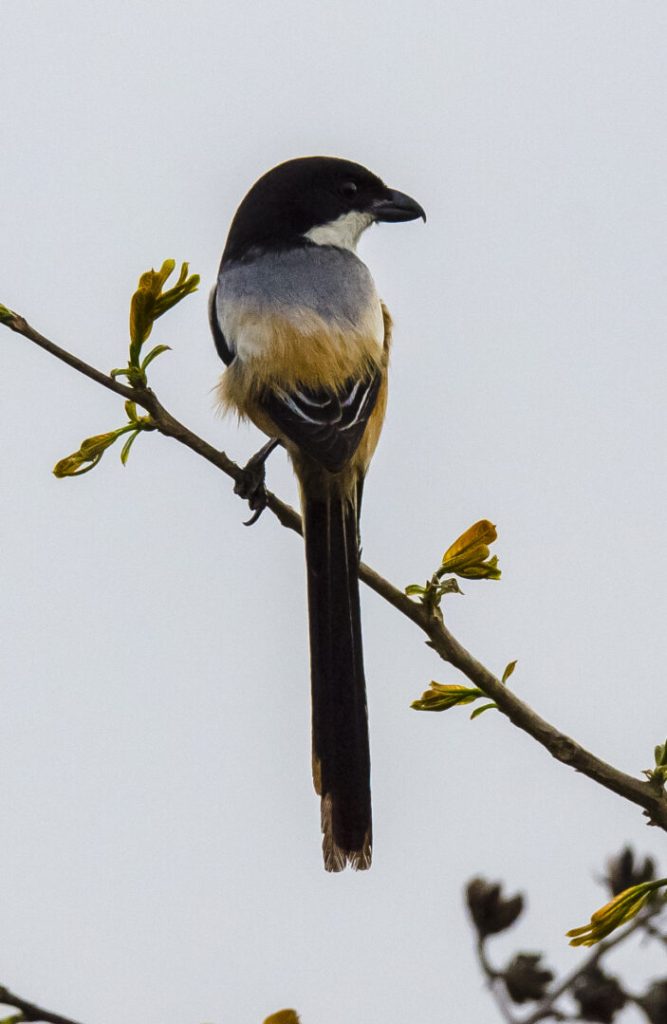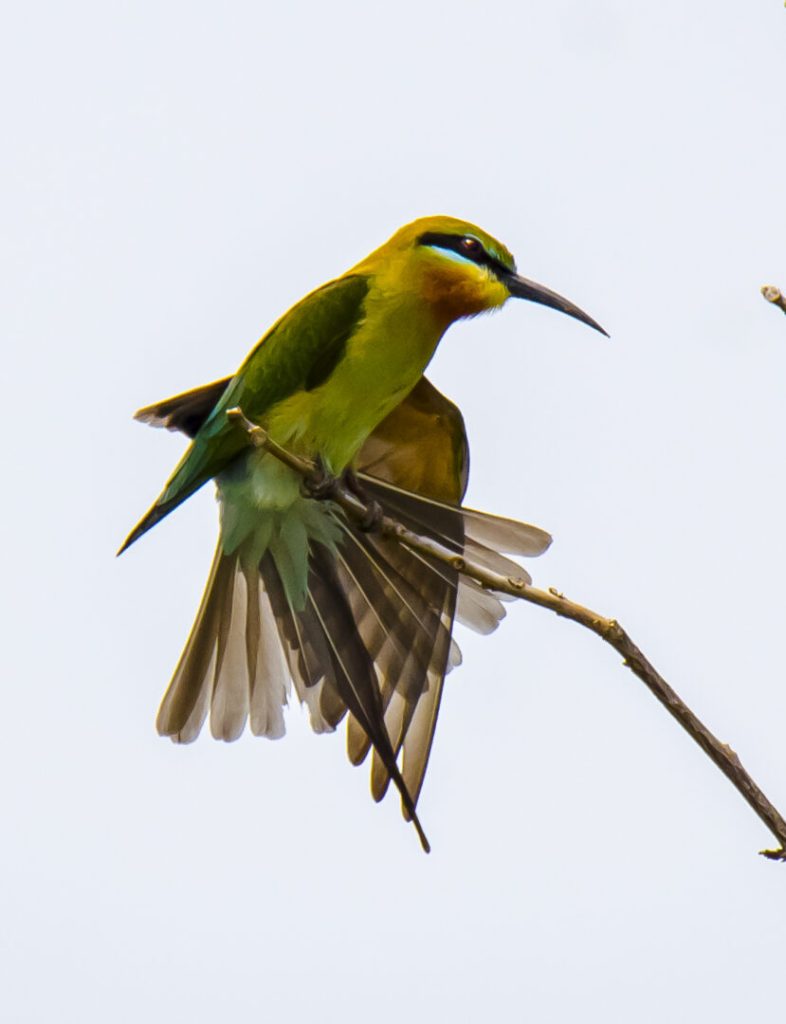One recent morning, I saw a bright yellow kilyawan (black-naped oriole) lying dead beside our house. It happened periodically, over the years, that flying birds of various species would smash into our glass panes while in flight. When I looked up the reason, I learned it is because they mistake the sky or trees reflected on the glass to be the actual sky and trees and do not see the glass as obstacles to their flight. According to the internet, estimates of bird deaths caused by them flying into glass panes or plastic sheets range from 100 million to almost one billion annually in the United States alone.
Not all bird collisions with our house are fatal. Some birds would just be stunned or have some injury from which they would eventually recover and fly off again after a while. A couple we have even rescued. One kilyawan was already under our dog Rigby’s paw and was squawking its head off, which attracted the attention of my wife and a helper, who drove Rigby away so the bird could escape.

Some were not as lucky. Before my wife’s longtime cat BingBing wandered away (never to return, forever breaking my wife’s heart, as the cat was a Chopin-lover, always leaping up to the piano top and settling down to listen whenever my wife played Chopin), she would also bring a limp, ragged, and feathered body into the house, to present to us as a trophy.
Objects need not be stationary for birds to fly into them. Once, while I was driving in our subdivision, a large brown and black bird coming from the right collided with the side mirror. I stopped to check on the fallen bird and saw it was still alive. All I could do was lay it under a nearby bush in the hope that it would recover.

Related: Into the forest, across streams and rivers, and up and down hills
Commenting on the incident, my wife observed that birds seem to sometimes play tag, swooping down across our path at the last second, as if testing their aerial ability to avoid close calls with passing vehicles. Or have some birds become suicidal? Do they get depressed and feel they have nothing better to do? Have they lost their bearings and fly where they should not? Not unexpectedly, they fly into even faster-moving objects like airliners and drones. We call them “bird strikes,” as if they were the aggressor (“The airspace is ours, you birdbrains”).
Human intrusion


Humans have accelerated the extinction of other species far faster than any recent natural cataclysm. We live in comfort, to the detriment, the extinction, of many other species. We have intruded into their habitats and decimated them even faster than we could discover and name them.
In an ironic twist, we may indeed be the “ascending arrow of the great biological synthesis,” as the Jesuit paleontologist Pierre Teilhard de Chardin put it, because we have literally pierced and killed off many other species in our path.

Just as we need to build houses and infrastructure, we also need to “plant, plant, plant” and “protect, protect, protect.” I very well could not demolish our house just so I would stop being the interloper and reduce the obstacles to free-flying birds. (Suggestions for “bird-proofing” include placing stickers or decals on glass panes so the birds can see them as obstacles and not as sky or trees.) I can take pride in our eugenia bush, which has sheltered many luklak (yellow-vented bulbul) nests and seen the birth of at least 15 baby birds in recent years, over which our son would stand, umbrella in hand, in his painful innocence, sheltering the hatchlings from the rain. Our porches have also served as shelters and resting areas for pigeons and other birds, some with leg bands, especially during heavy downpours or typhoons.
There may be no balance in nature, but we must somehow mitigate our destructiveness, else we ourselves face the abyss of our own extinction far earlier than we hope, as may befit our character, thinking, falsely, that we are immortal.



Leave a Reply